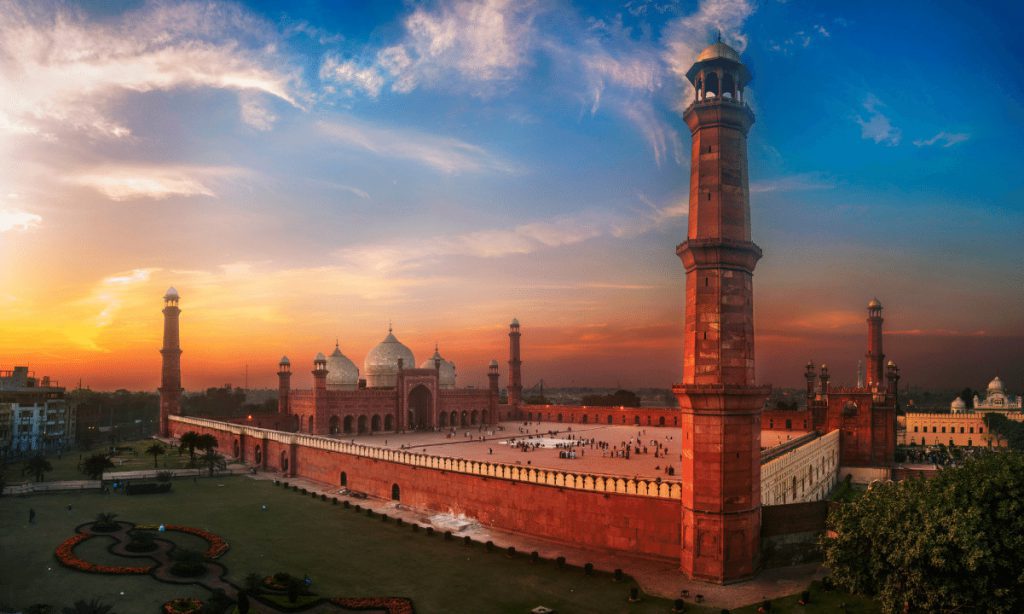The State Bank of Pakistan (the nation’s central banking institution) and the Federal government are reportedly contemplating imposing a complete ban on all cryptocurrency endeavors. The authorities claimed that digital assets are illegal, are not able to facilitate trade activities, and could be used to finance acts of terrorism and launder money.
Pakistan to Ban Crypto?
Last October, the Sindh High Court urged the Pakistani government to regulate the cryptocurrency space within three months. The court also directed the lawmakers to form a committee and determine the legal status of digital assets.
90 days later, the central bank of Pakistan is ready with its decision proposing a complete ban on everything crypto, a local coverage informed.
There are several reasons why the State Bank of Pakistan demands such severe rules. First, it pointed out that cryptocurrencies are illegal and could not be employed in trading operations. The institution named several countries where digital assets are prohibited, including China.
Second, trading venues such as Binance and OctaFX pose risks for investors. The former has faced regulatory backlash from many watchdogs in recent months. However, Binance’s CEO – Changpeng Zhao – recently vowed to change the structure of his firm by turning it into a licensed monetary institution with centralized headquarters.
Lastly, Pakistan’s central bank claimed that bitcoin and the alternative coins facilitate illegal operations like acts of terrorism and money laundering.
However, it is worth mentioning that BTC’s underlying blockchain technology is entirely transparent. All transactions are recorded on the digital ledger and can be seen by anyone with access to the Internet. On the other hand, cash remains the most preferred type of payment in illicit operations such as drug trafficking, terrorist funding, and prostitution.
The banking institution is also willing to halt the “unauthorized operations” of digital asset exchanges by imposing penalties against them “as some other countries have done.”
Waqar Zaka – one of the most well-known Pakistani TV hosts and a crypto entrepreneur – opposed such legislation. In his view, a considerable chunk of locals trade with bitcoin and alternative coins, and the rules should stay the way they are.
The Sindh High Court will next hear the case on April 12.
What Happened During The Previous Restrictions?
In April 2018, the State Bank of Pakistan advised all banks, financial institutions, and payment processors to refrain from employing cryptocurrencies and halt their services involving digital assets.
While the ban made things hard for locals, it did not completely stop them from trading or using the asset class.
In 2020, Justice Muhammad Iqbal Kalhoro questioned the move asserting that Pakistan risks falling behind in modern technology if it does not join the world of crypto.
According to recent estimations, digital assets are highly popular among the local population. Pakistanis increased their interest by more than 711% in 2021, while they collectively own nearly $20 billion worth of crypto.
Binance Free $100 (Exclusive): Use this link to register and receive $100 free and 10% off fees on Binance Futures first month (terms).
PrimeXBT Special Offer: Use this link to register & enter POTATO50 code to get 25% off trading fees.


